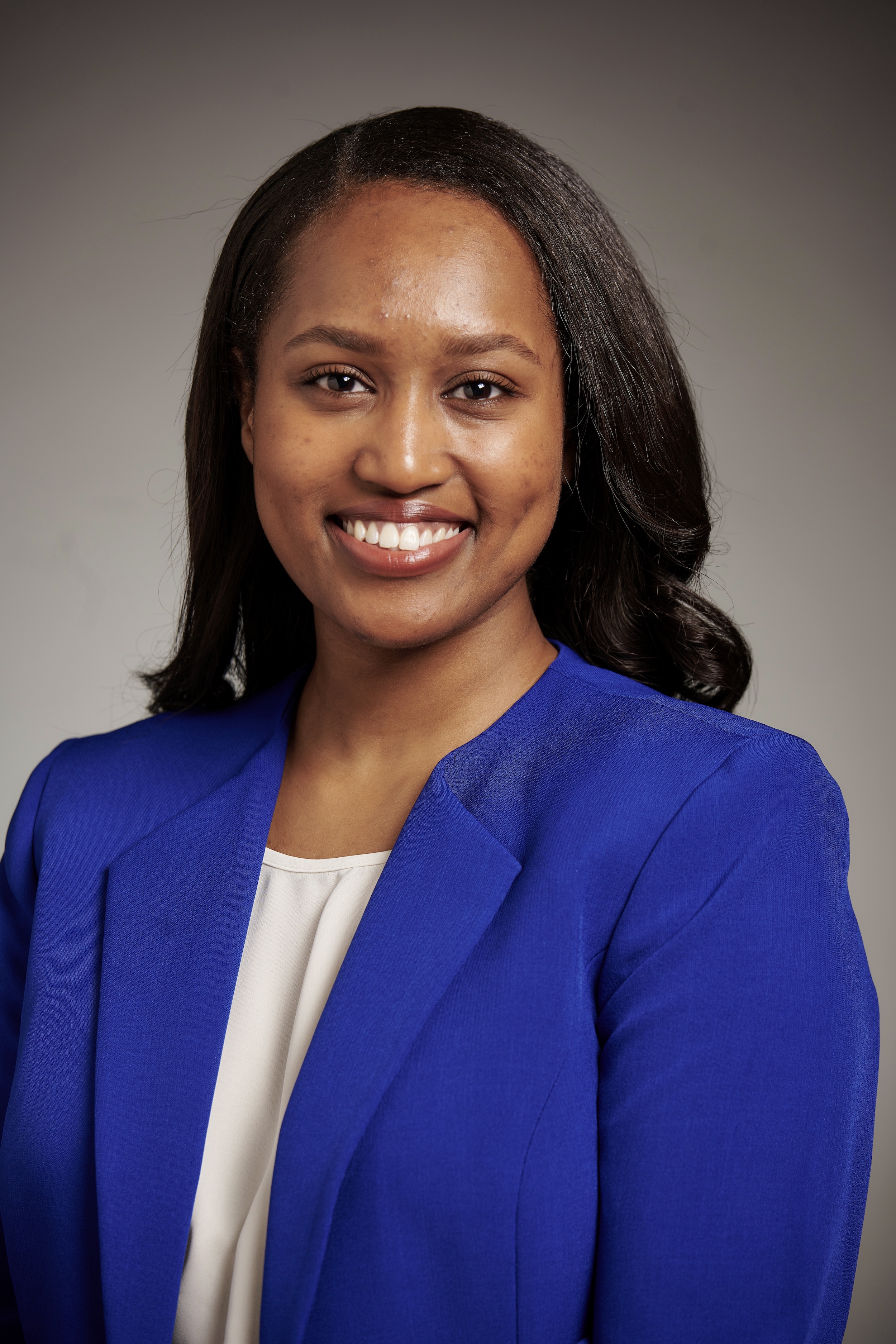Transfering experiences and skills gained from local internship to work on the international level
The Human Rights Program believes strongly in the importance of integrating professional experience with academic knowledge in the field of human rights, making internships a main requirement of the Master of Human Rights (MHR) degree program. Many students do amazing work with their host organizations and gain valuable field experience to supplement their human rights coursework. In this Q&A series, we interview our students to learn more about their experiences. In our second Q&A of the series, we are joined by Biftu Adema, a second-year MHR student who interned with the The Minnesota Justice Research Center.
Human Rights Program (HRP): Can you tell us more about your educational background, specifically at the University of Minnesota? Also, what human rights experience did you have before this internship, and what are your substantive interests in human rights?

Biftu Adema (BA): I’m a second-year Master of Human Rights student interested in foreign affairs, armed conflicts, and international law. My frustration with the international community piqued my interest in this particular area.
Growing up, I was disturbed by the lack of attention, accountability, and action toward the human rights violations against the Oromo people. The Oromo people are the largest ethnic group within the Horn of East Africa and primarily reside in the Oromia region of Ethiopia. Despite their large population, the Oromo people experience repeated persecution, discrimination, and breaches of fundamental human rights. The Ethiopian government has often sanctioned or explicitly carried out these violations with little to no censure by the international community.
Before my internship at MNJRC (Minnesota Justice Research Center), I participated in advocacy and community organization to help raise awareness about the use of police and military to terrorize Oromo civilians by the Ethiopian government. Many Oromo individuals have been victims of arbitrary arrest, torture, and extrajudicial killings.
HRP: Why did you decide to work with the MNJRC?
BA: I decided to intern at MNJRC because I was impressed by the work they do within the community. Although MNJRC does not focus on Oromo people, abuse by law enforcement is an unfortunately familiar challenge many worldwide feel. MNJRC's commitment to using 'rigorous and balanced research' to redefine the criminal legal system was admirable. If I learned more about law enforcement and MNJRC's work to transform the justice system through research, I hoped to learn a few practical and transferable strategies for responding to law enforcement violations worldwide, including but not limited to Ethiopia.
HRP: Please describe your role in the organization and some of the major responsibilities you had or projects you completed.
BA: As an intern, I've assisted the policy director and MNJRC’s director by researching state/national policies and legislation. I've participated in legislative agenda development meetings, made infographics, and participated in other organization-wide activities and training. Our most recent and (my) favorite project was conducting a book club-like meeting with Attorney General Keith Ellison and discussing his new book Break the Wheel: Ending the Cycle of Police Violence. It was very sobering to walk through Attorney General Ellison's shoes as he prepared for and conducted the prosecution of the man who murdered George Floyd. It makes me proud to live in the great state of Minnesota, having such a noble man. I don't believe many other states have had the privilege of seeing their attorney general seek justice so fiercely.
HRP: How does this experience compare to or complement your human rights coursework?
BA: During my first semester at the Humphrey School, I took a course called Human Rights & Race (HIST 8910) by Professor Yalile Suriel. This course was and continues to be the most insightful course I’ve taken on US carceral history. I highly recommend it! It was satisfying to supplement my knowledge of carceral history and broader (international) law enforcement violations with more hands-on experience at MNJRC. I appreciated most seeing the ‘behind the scenes’ portion of the work that goes into passing bills to improve the legal system. In the last legislative session alone, MNJRC passed 13 out of 15 bills that would make Minnesota safer for everyone!
HRP: How did the internship add to your professional experience and personal growth? How do you see it impacting your career trajectory?
BA: As previously mentioned, I hope to use and transfer the experiences and skills gained at MNJRC to an international level. The issue of law enforcement abuse is not unique to the United States. All across the world, people have been victims of unjust criminal legal systems. It’s bizarre to think about how many lives worldwide are affected by the criminal legal system yet how little research surrounds it. One would think that because the criminal legal system substantially affects the lives of individuals, families, and communities, we would better research the policies, procedures, and legislation utilized. However, nothing could be further from the truth.
HRP: What advice do you have for other MHR students as they decide how to approach their internships?
BA: Although my time at MNJRC has been enriching, it was not my first choice. My first internship was one I was really excited and looking forward to. However, due to bureaucratic procedures, my background clearance was not completed on time for me to onboard. As a result, I was nearly left without an internship, had it not been for my incredible (previous) professor, Janet Walsh. At the very last moment, Janet went above and beyond to help me connect with a few organizations. Luckily, MNJRC was one of them. Nonetheless, prospective interns should begin their search early and have a few internships arranged. If one or two fall through, they can at least choose their third option!


